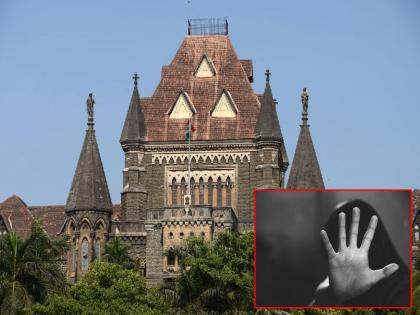Bombay High Court Allows Transfer of Domestic Violence Cases to Family Court
By Lokmat English Desk | Published: January 2, 2024 01:17 PM2024-01-02T13:17:51+5:302024-01-02T13:17:56+5:30
In a significant ruling, the Bombay High Court has held that cases filed under the Protection of Women from ...

Bombay High Court Allows Transfer of Domestic Violence Cases to Family Court
In a significant ruling, the Bombay High Court has held that cases filed under the Protection of Women from Domestic Violence Act, 2005 (DV Act) seeking relief like protection, residence, maintenance, child custody, and compensation can be transferred to Family Courts under Section 24 of the Code of Civil Procedure, 1908.
Delivering the judgment, Justice Kamal Katha stated that the reliefs mentioned in the DV Act constitute civil rights violations, and Family Court proceedings are inherently civil in nature. He further clarified that the High Court holds the power to transfer cases from Magistrates' Courts to Family Courts, regardless of the latter's jurisdictional limitations, to ensure justice, convenience for parties, and prevent redundant proceedings. This, he explained, aims to save time, resources, and avoid contradictory rulings, especially when cases involve the same parties and issues.
Court's Decision
The court based its decision on Section 7(2) and Section 26 of the DV Act, along with the provisions of the Family Courts Act, 1984. This empowers Family Courts to adjudicate requests made under Sections 18 to 22 of the DV Act. The ruling stems from a husband's petition seeking transfer of his wife's DV case to the Family Court, where their ongoing divorce proceedings are being heard. Advocate Taubon Irani, representing the husband, argued that transferring the case would prevent double litigation and avoid the wife's alleged misuse of the DV Act for harassment.
Opposing the transfer, the wife's lawyers contended that their client faced abandonment and highlighted contradictory rulings from various High Courts on the issue. They also invoked a 2011 Supreme Court judgment upholding the Kerala High Court's decision against such transfers.
After examining relevant laws and precedents, Justice Katha upheld the transferability of DV cases to Family Courts, emphasizing that this does not undermine the woman's right to appeal. He affirmed that transferring cases promotes expeditious justice, avoids conflicting verdicts, and minimizes costs for all parties involved.
The judge further emphasized the Family Courts' expertise in handling transferred cases and reiterated the legislative intent behind the DV Act – to facilitate accessible justice for women. Finding ample legal precedent in favor of transferring such cases, he ruled against further review.
Open in app